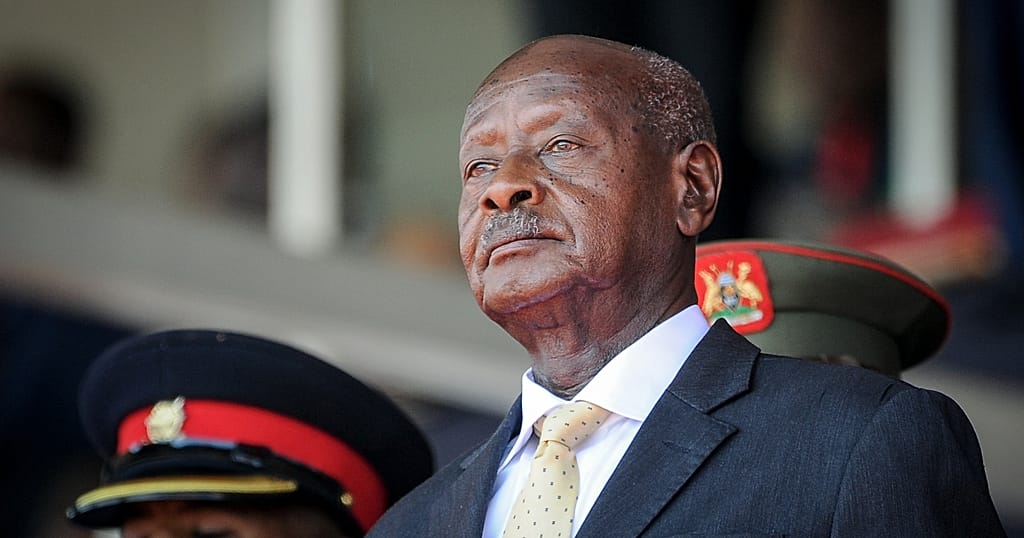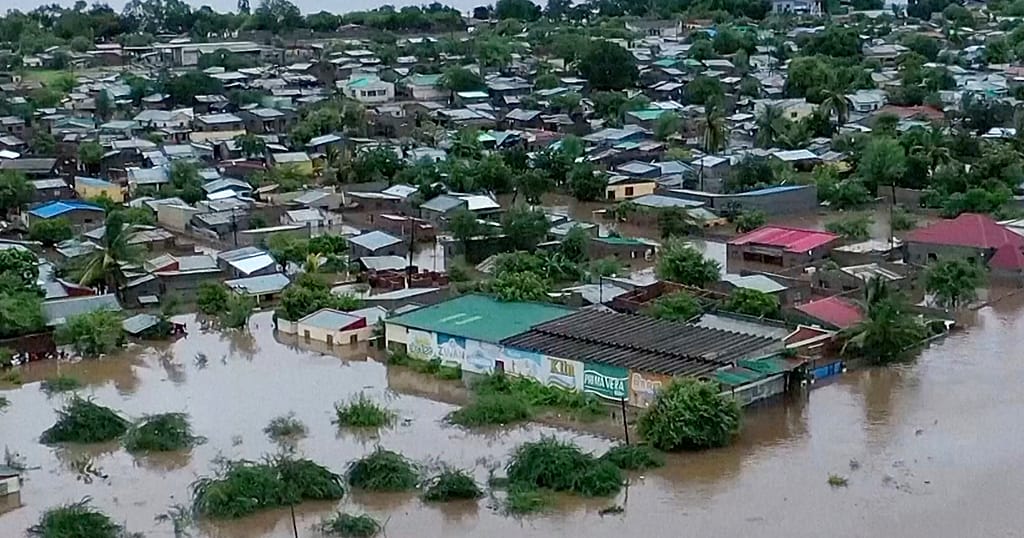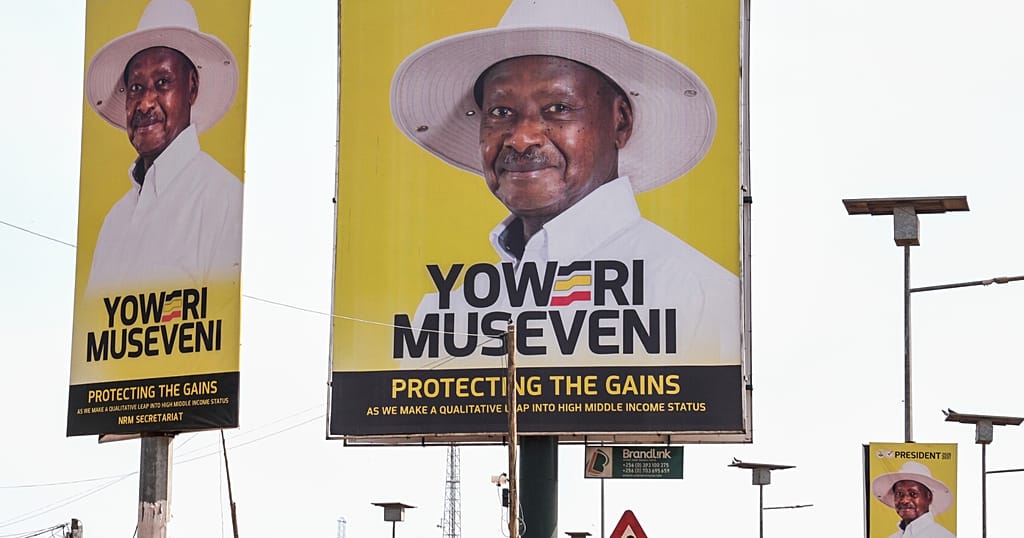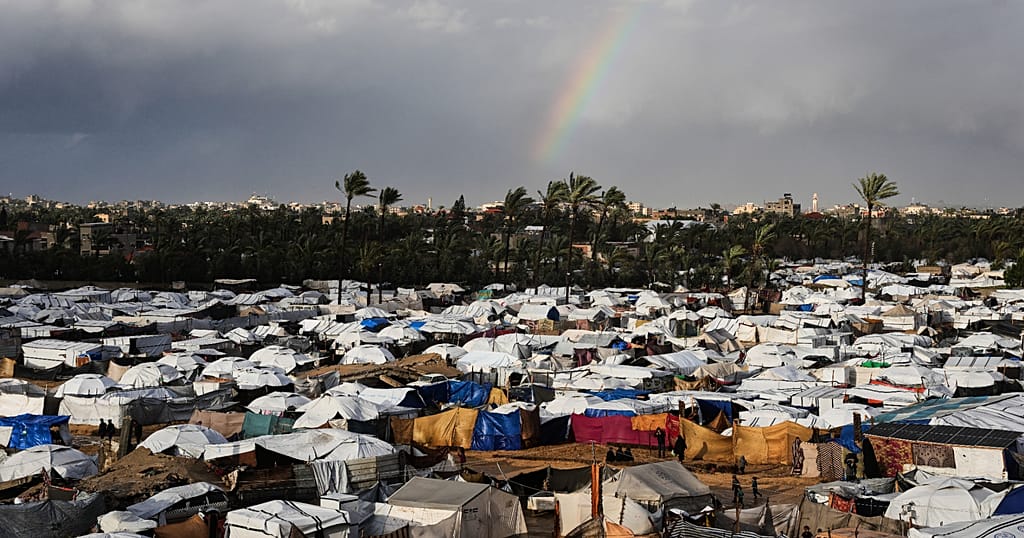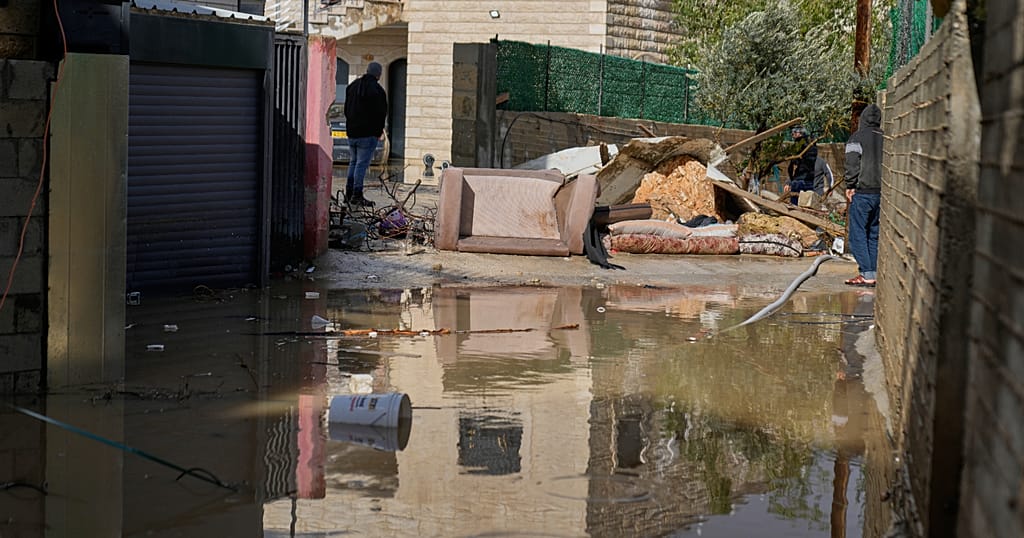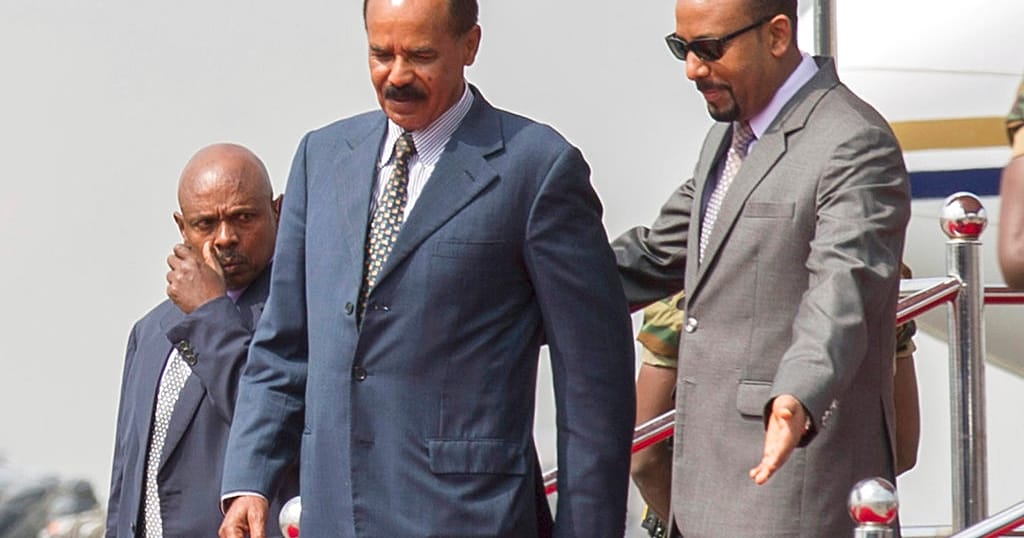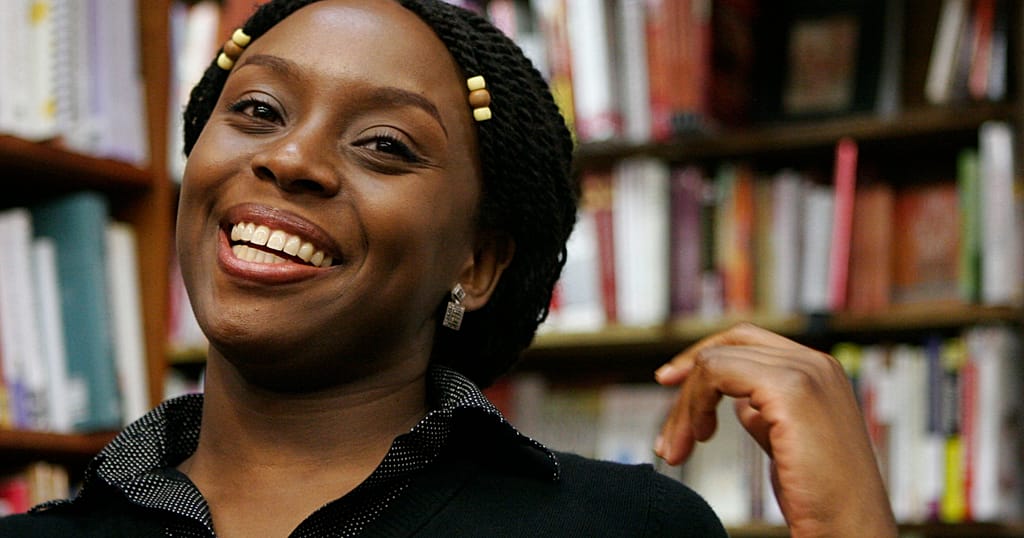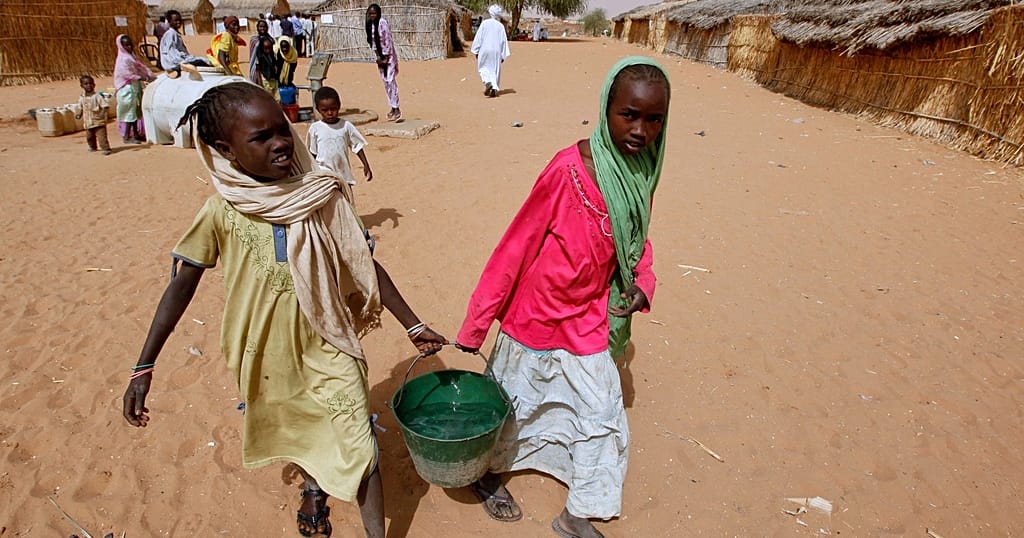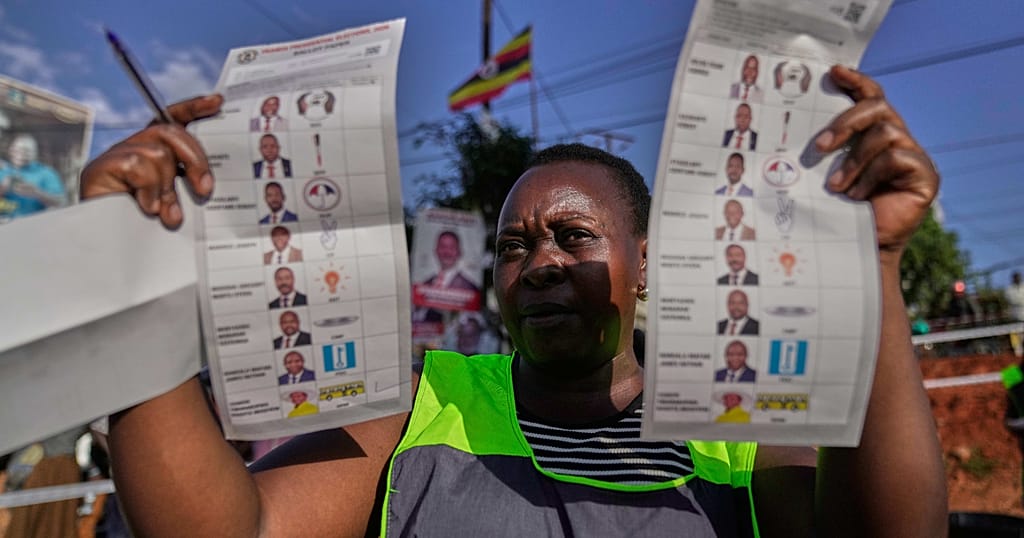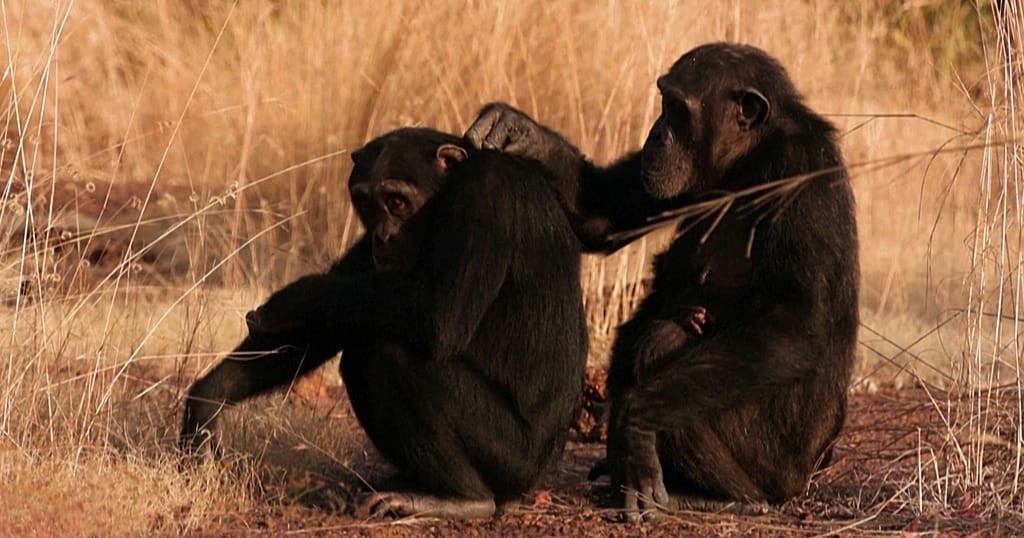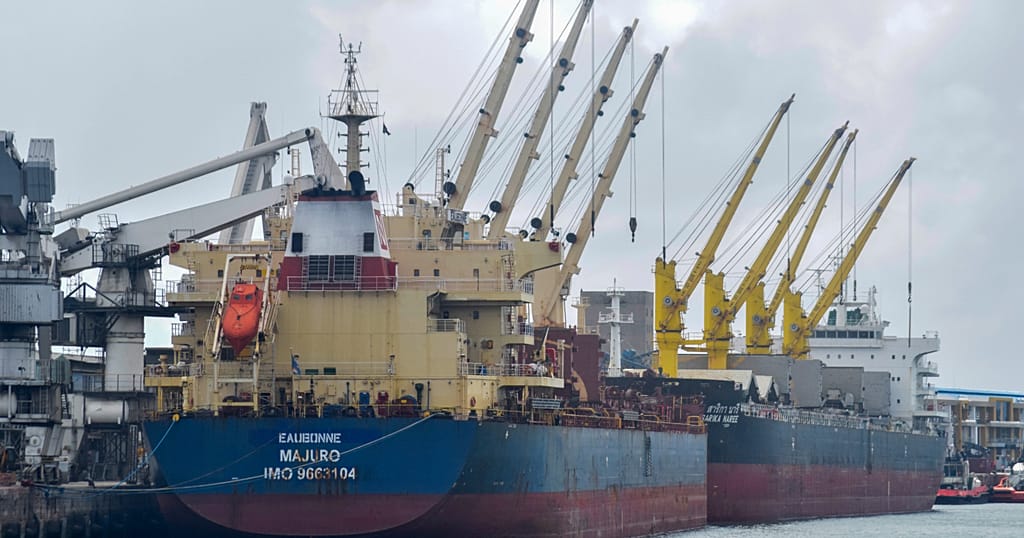Senior South African says US cluster bomb decision will affect Africa

A senior figure in South Africa’s national assembly has condemned the decision by the United States to send cluster bombs to Ukraine.
It follows confirmation by the White House that controversial cluster munitions provided by the United States to Ukraine have been deployed on the battlefield against Russian forces.
But Deputy Speaker of the National Assembly of South Africa, Solomon Lechesa Tsenoli, said the move was misguided.
“I think the use of weapons, such as the United States is prepared to use, irrespective of objections to those who have oversight over them, is wrong. It’s not appropriate,” he said.
“You can’t act in a manner that threatens the entire community into all sorts of subsequent explosions in the country. That leads to even more harm than would have happened.”
Tsenoli said the actions would not only serve to prolong the war but pose a long-term threat due to the tendency of unexploded cluster munitions to harm civilians years after a conflict concludes.
He added that it would not just affect Eastern Europe, but have a serious impact on Africa as well.
In February, China released a 12-point paper stating its position on the political settlement of the Ukraine crisis. According to Tesnoli, the proposed strategy is much preferable to the way the U.S. and other Western countries have handled the crisis.
“It’s amazing, President Ramaphosa and the rest of the leadership he was with, to address both countries to sue for peace, so to speak, is a crucial step in world politics and the African continent itself, because it is the one that suffers the most even it is not itself in the war, because of the supply routes blocked by war-related questions.
“So, it is important that the peace initiative, in my opinion, led by China in the first place, the 12-point peace plan by China, and the one by the seven or so leaders from the African continent with our President being a part of it, are crucial steps that must be taken seriously.”
African leaders visited Kiev and Moscow in June where they offered a peace proposal that included unimpeded grain exports through the Black Sea, de-escalation on both sides and enhanced humanitarian aid.
Source: Africanews


